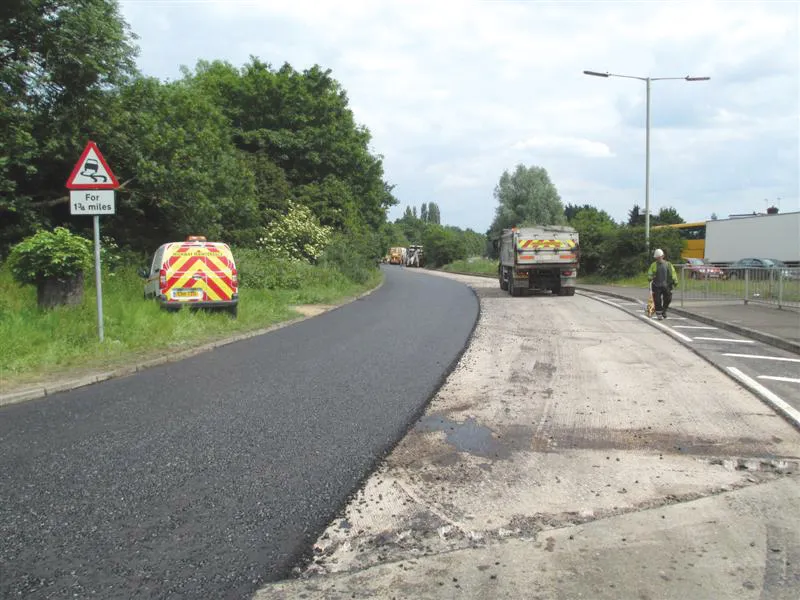What is thought to be the first private road in the UK for 100 years has been opened by a businessman in a bid to avoid the hour-long diversion around road works on the key route between the cities of Bristol and Bath, south-west England.
Mike Watts spent £150,000 (US$250,000) to build the 400m gravel road in just three days to enable traffic to negotiate the A431 Kelston Road, which has been closed since February because of a landslide. He estimates it will cost another £150,000 to run the toll road for five months.
With motorists paying £2 each ($3.40) way to use the road, it will need to attract 1,000 cars a day if it is to break even.
Watts told newspapers: “Building a toll road isn’t easy to do: this is the first private road in Britain for 100 years. I think people are very grateful that we have taken this risk.”
However, Bath and North East Somerset Council predict the section of the A431 will be open again by Christmas, and has launched an investigation into the toll road, claiming it does not have planning permission and could be dangerous.
“This remains an active landslide, which could move without warning. In the absence of any information from the toll road promoters the council has concerns about the impact of traffic loading on the land above the slip,” said the council in a statement.
“The council is not in a position to support the temporary road option as we have not been provided with any evidence/information to support the application. A temporary toll road requires planning permission and no application has been received.
“In view of public concerns the council’s planning enforcement team is currently investigating this matter. The council has no details to confirm the toll road design meets safety standards and no evidence that insurances are in place for any member of the public who use the private toll road.”
The council added that it had considered a bypass road on the south side of the closure, where it would not increase loading above the landslip, but this was not viable.
UK’s ‘first private toll road in a century’ being investigated
What is thought to be the first private road in the UK for 100 years has been opened by a businessman in a bid to avoid the hour-long diversion around road works on the key route between the cities of Bristol and Bath, south-west England.
August 5, 2014
Read time: 2 mins







